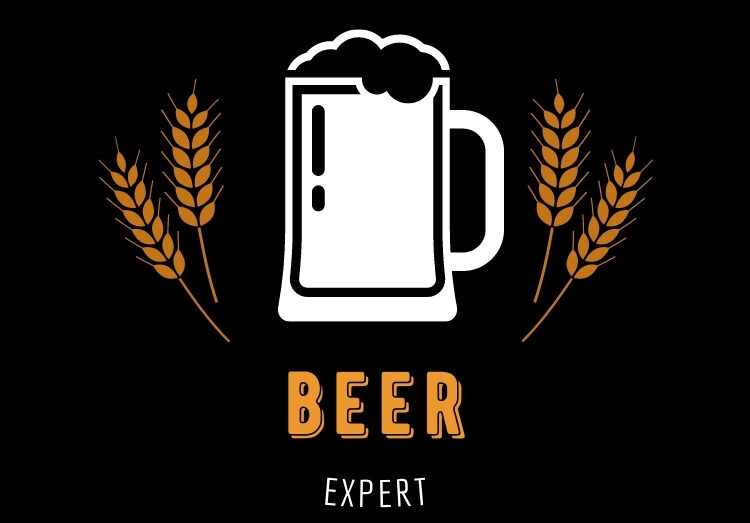As well as microbreweries and craft breweries there exists a smaller category of brewers who enjoy a near legendary status which is some senses deserved, and in some senses not! The family brewery is, as the name suggests, a brewery owned and maintained by a family. As such, these breweries are often long running establishments that have passed down through generations and employ the same methods to brew beer that they have used for as many as hundreds of years. In this sense a family brewery is often both a ‘microbrewery’ and a ‘craft brewery’ (see related article: ‘Brewers: Craft Brewers), meaning that they brew beer to the highest standards employing age old ‘real ale ‘techniques. By the same token, it must be pointed out that a family brewery is not necessarily any better than any other craft brewery. Indeed, it may be cautioned that some family owned breweries will not necessarily brew to ‘craft’ standards. However, it is possible to conceive a definition of the ‘family brewery’, however intangible it seems in factuality.
The ‘family brewer’ that is talked about and lauded in ‘real ale’ pubs across the land is generally a small scale brewery run for successive generations by one family working in the same town or village, and sustaining relations with the local townsfolk for that entire period. The classic family brewery will have started either before, or early into the industrial revolution, but will have resisted the technological advances that many people believe to have spoilt the quality of beer.
The Family Brewery: A Case Study
The industrious John Arkell founded the Arkell brewery in the mid 1800’s. As he already grew Barley on his farm, it took just a small step to start brewing his own beer, which then began to sell to pubs across Swindon. Parallel to the success of his brewery, John developed a burgeoning chain of quality pubs. Expansion continued in John’s lifetime, and in the lifetime of his sons, until existing interests were consolidated and the Arkell’s pub Empire was capped at about 50 premises. Over time pubs were occasionally added and new ventures embarked upon: In the sixties the Arkell family moved into the wine and spirits market; not long after they took advantage of the growing trend in Pub ‘fruit-machines’, striking a deal with a leading manufacturer. It is the ability to move with the times, couples with its family/community roots and its commitment to tradition that has ensured the Arkell’s success. Their stubbornness in maintaining old-style brewing methods placed them perfectly to capitalise on the emerging 1970s Campaign for Real Ale. Arkell’s survived the changing industry through a combination of tradition and innovation, placing them somewhere in between the pure craft brewery, and the major industrial brewery.
None of this, to be sure, can be entirely attributed to Arkell’s being a family run establishment, but somehow the ‘family’ moniker hits the right note with many punters. It could be contested here that there are ‘family’ arms traders and ‘family’ dictatorships… keeping it in the family cannot be an end in itself. Nonetheless, it seems that ‘family’ denotes, for many people, a certain principled and reliable approach to brewing that is associated with the production of quality beer, and it is in this context that the popularity of the family brewer must be understood.
IFBB
The Independent Family Brewers of Britain (IFBB) exist to promote the interests of family brewers, with a focus on promoting the brewing of ‘cask ale’ in increasing varieties. Cask Ale is ale that is brewed without the injection of additional carbon dioxide to increase fizz. Interestingly, the addition of ‘finings’ to the cask to drag yeast to the bottom (which is standard practice with all ales) can preclude the possibility of cask ale being considered real ale – if the ale is subsequently re-casked. The fining and re-casking of ale means that the final product will not continue to ferment up until its being poured (whereas ‘real ale’ denotes a drink that is brewed up until its final service). For this reason it seems that the IFBB are slack in comparison to CAMRA so far as the stringency of their standards. This in itself serves to draw major distinction between the ‘family’ and ‘craft’ brewer: For some people the term ‘family brewery’ need not denote the highest quality. However, the thin line between a cask ale and a real ale is something that is constantly debated. For those for whom the word ‘family’ indicates an adherence to the principles of community and tradition the ‘family brewery’ plays an important role in the maintenance of beer standards.
